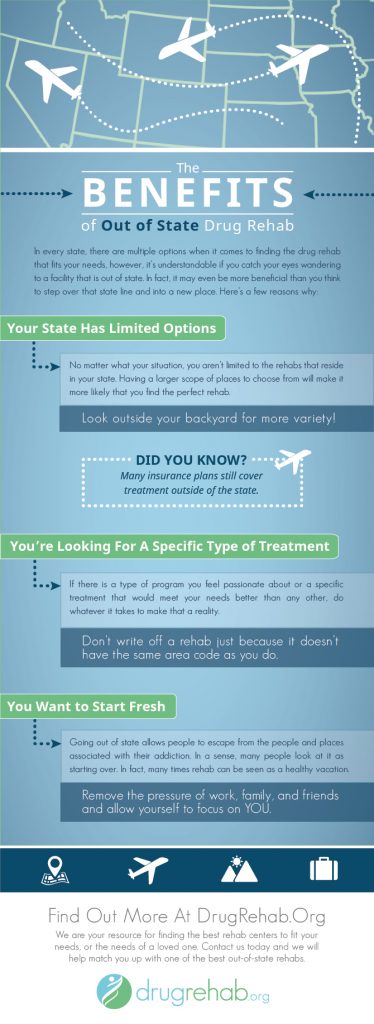Discover Exactly How To Develop A Strong Aftercare Strategy After Drug Rehabilitation And Attain Long-Lasting Success
Discover Exactly How To Develop A Strong Aftercare Strategy After Drug Rehabilitation And Attain Long-Lasting Success
Blog Article
Post Developed By-Lawson Carlton
You've finished drug rehabilitation, and currently it's time to produce an effective aftercare strategy to ensure your long-lasting healing.
Picture this: you're a person figured out to stay clean and develop a meeting life. This post will certainly direct you with recognizing continuous support systems, including treatment and counseling, and establishing healthy coping mechanisms.
With these strategies, you'll be outfitted to thrive in your trip of sobriety.
Allow's begin.
Identifying Ongoing Assistance Equipments
You should recognize at least three recurring support systems to guarantee a successful recuperation after drug rehabilitation.
WhiteSands drug and alcohol rehab florida 33565 is your family and friends. They can offer emotional support, support, and help you remain answerable. They can likewise supply a secure and understanding environment where you can share your battles and victories.
The second support group is your specialist or therapist. They can assist you resolve any underlying issues that may have contributed to your addiction and offer advice on how to stay clear of regression. They can also teach you dealing systems and healthy and balanced means to handle stress and anxiety.
The third support group is a support group or a sober neighborhood. Being bordered by others that are going through comparable experiences can be incredibly useful. They can give a feeling of belonging, recognizing, and offer valuable advice and assistance.
Incorporating Therapy and Therapy
To achieve a successful healing, it's important for you to actively join treatment and counseling sessions, in addition to integrate them into your continuous support group. By doing so, you can make best use of the advantages of these treatment techniques and raise your chances of preserving lasting sobriety.
Right here are some key reasons why integrating treatment and counseling right into your aftercare strategy is critical:
- ** Emotional Support: ** Therapy and therapy give a risk-free area for you to reveal your thoughts, feelings, and has a hard time related to your addiction. you can look here permits you to resolve any kind of unsolved concerns and establish healthy coping devices.
- ** Fall back Avoidance: ** These sessions outfit you with the needed devices and approaches to stop regression. They help you identify triggers, create dealing skills, and develop a strong foundation for taking care of desires and stress and anxiety.
- ** Individual Growth: ** Treatment and counseling facilitate individual growth and self-discovery. They help you get insight right into the underlying causes of your addiction, boost self-confidence, and establish healthier partnerships.
Developing Healthy Coping Mechanisms
During treatment and counseling sessions, it's important to actively work with creating healthy coping mechanisms in order to properly handle anxiety and obstacles.
You require to determine and recognize your triggers, those points that cause you distress or stress and anxiety. By identifying these triggers, you can create methods to cope with them in a healthy method. This might entail practicing deep breathing workouts, participating in physical activity, or discovering an innovative outlet to reveal your feelings.
It's important to also surround yourself with a strong support system of friends and family that can give inspiration and assistance.
Additionally, self-care tasks such as getting adequate rest, consuming well, and exercising leisure strategies can greatly contribute to your total wellness.
Final thought
In the trip in the direction of recovery, developing an effective aftercare strategy resembles tending to a fragile garden. Just as a gardener supports each plant with treatment and attention, so too must one cultivate ongoing support group, include therapy and counseling, and create healthy and balanced coping mechanisms.
By doing so, the seeds of recovery will bloom right into a prospering garden, offering a strong structure for a brighter, drug-free future.
